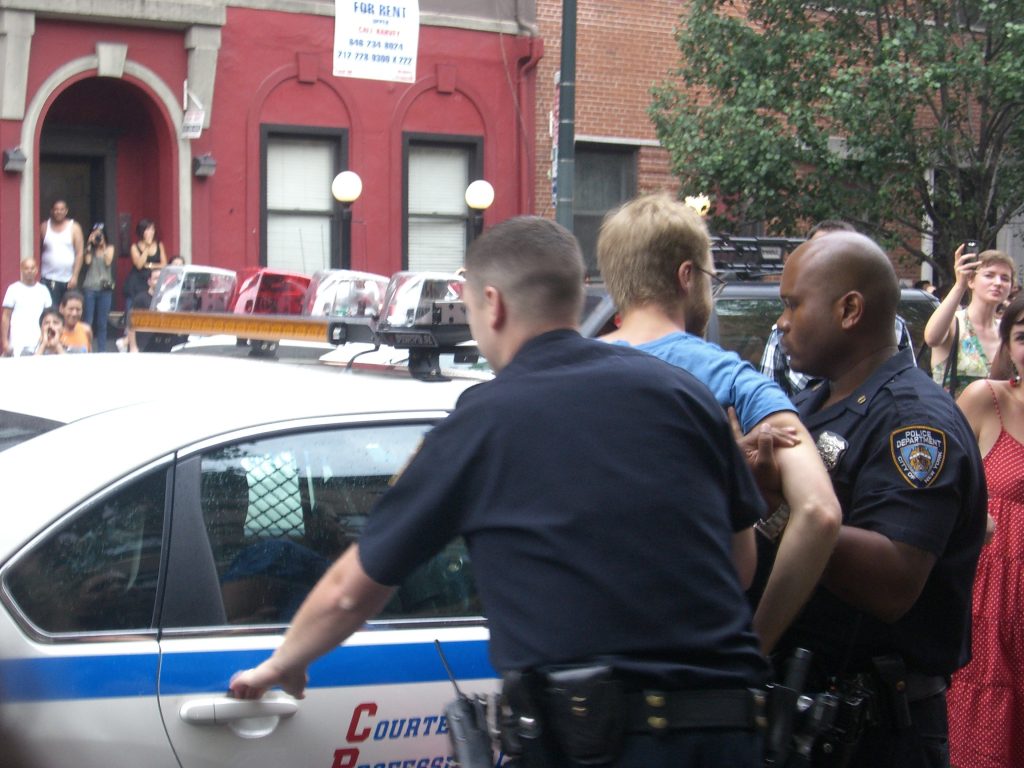By Saul Roth
The World Trade Center Health Registry is the biggest disaster registry in the U.S. The registry compiles medical data on all workers enrolled in it. The workers represent many different occupations that worked at the disaster site: Police- 3,925, Firefighters- 3,232, Emergency Medical Personnel- 1,741, Construction/Engineering- 4,498, Sanitation- 1,798, Volunteers with an organization-5, 438, Unaffiliated volunteers-3, 797, other government agencies-4, 263. PTSD symptoms for all workers at the site were well documented. Police officers working at the Word Trade disaster site had a PTSD rate of 6.2 percent, compared to other rescue workers that had a PTSD rate of 12.4 percent. Other workers with no prior emergency service skills had a 21 percent PTSD rate. Three years after the attack, New York City Sanitation workers had a 10 percent PTSD rate. All workers at the site had a higher rate of PTSD the longer they had worked there, with the exception of police officers (Perrin et al., 2007).
At first glance, results from this study would seem to imply that police have less of a chance at having PTSD. What this study demonstrates, however, is just how bad the PTSD problems are for the police. The more experience a person has with traumatic events, the less he or she will be affected by any particular traumatic event. Since the police have a much higher rate of PTSD than the general public, however, it clearly shows that the police officers are dealing with so much acute stress constantly that PTSD is an enormous problem. At the World Trade Center, when compared to firefighters and the general public, police officers fared much better at coping with the trauma and did not have PTSD at the same rate. As the general public and the fire department deals with fewer traumatic events, even the amount of experience with acute stress cannot keep the PTSD percentage down for police.
V. Burnout
Police officers experience fatigue when they do not obtain enough rest. Police officers suffer fatigue after stress and the high workload of a shift. The shift work and overtime burdens placed upon police officers will invariably affect the amount of rest they achieve. The fatigue an officer experiences after a shift is called acute fatigue. To many officers, experiences of acute fatigue over a long period of time can lead to burnout. Burnout is emotional exhaustion, depersonalization, and a feeling of lack of accomplishment. A study by Basinska and Wiciak (2012) revealed that police officers were more fatigued at the end of their shift than were firefighters. This makes sense as firefighters wait for calls and rest at the firehouse, while police officers usually travel from call to call in their patrol car. If not heading to a call, they are interacting with the public and thus, police officers have to always be vigilant and aware of their surroundings (Basinska and Wiciak, 2012)
The largest prevalence of burnout among police officers occurs when they have 16 and 25 years in the profession. There are also a large number of officers with between six and 15 years of police service who also experience burnout. Police officers become emotionally exhausted from the constant dealing with the problems and difficulties of their communities. The officer constantly has to make quick decisions with little time. Over time, many officers become cynical and their relationships with the community deteriorate. Police officers are constantly dealing with very emotional situations and eventually lose empathy themselves when they experience burnout. Such cynicism arises from observing the same situation over and over again, many times with the same individuals involved. In such cases, the officer does not receive a feeling of any accomplishment. Moreover, officers suffering burnout are more prone to alcoholism and family discourse and are more likely to abuse their authority at work (Cannizzo & Liu, 1995).
Burnout is more likely to occur in a police officer that continues with one type of assignment throughout his career. Staying on patrol for numerous years can cause burnout. Officers in very small departments do not have a choice, as there are not many other positions to which they can switch. Police officers in larger departments experience this burnout because they either do not aspire to acquire other positions or fail in attempting to do so (Cannizzo & Liu, 1995).


Recent Comments